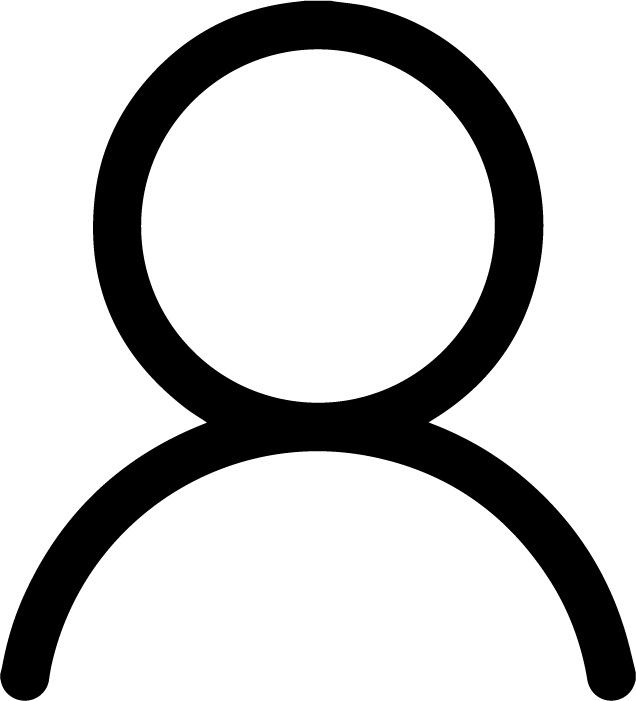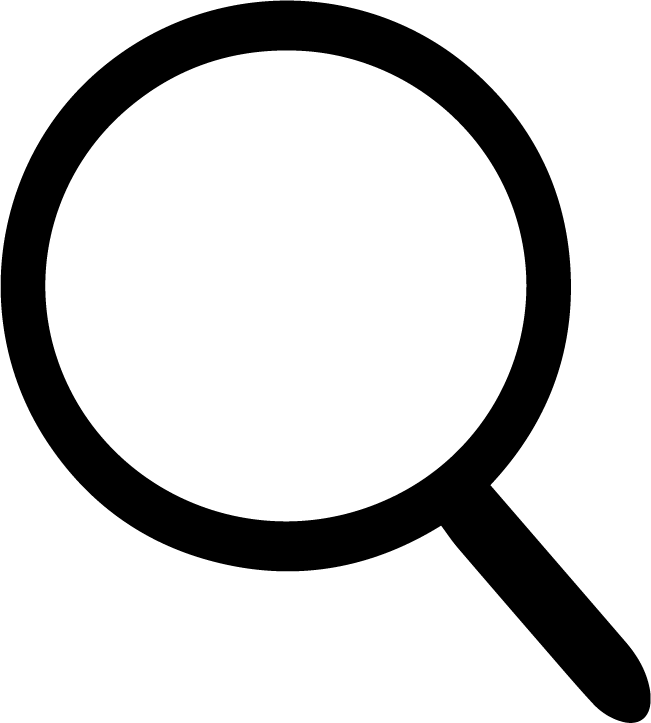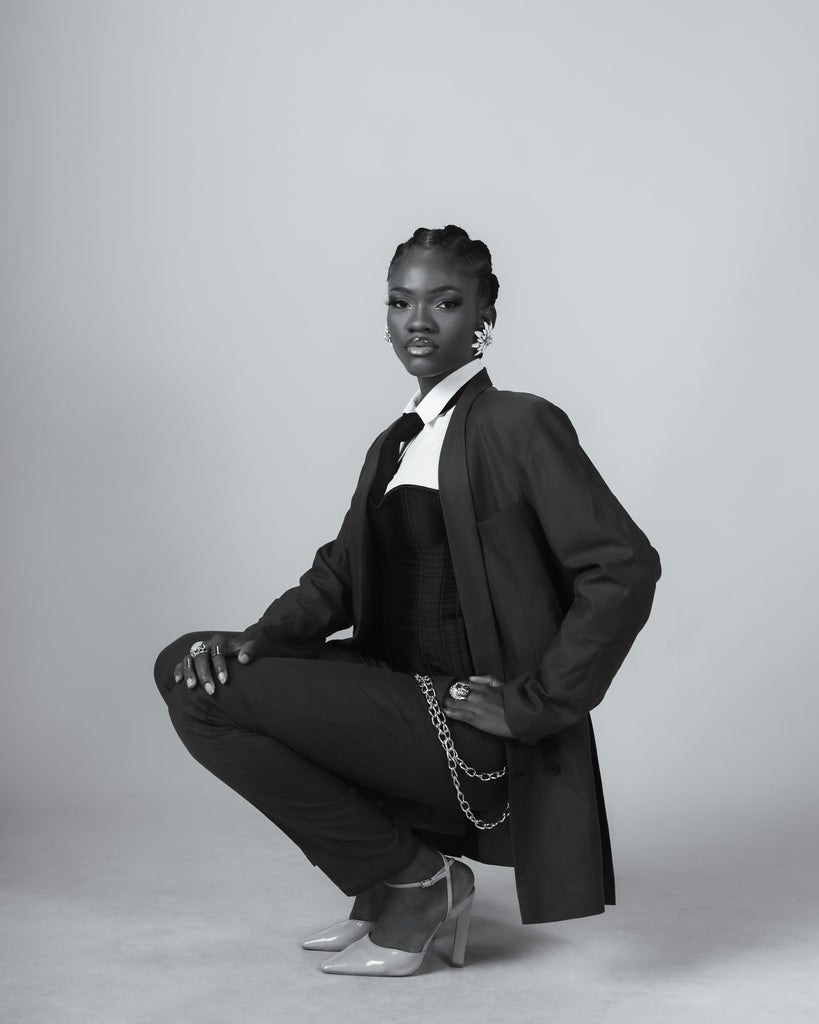Merriam-Webster’s definition for gaslighting is the “psychological manipulation of a person, usually over an extended period of time,” which, as Sokolowski highlights, goes deeper than what “just a straightforward lie” might. Gaslighting refers to a prolonged period of deception which “causes the victim to question the validity of their own thoughts, perception of reality, or memories,” and can lead to “confusion, loss of confidence and self-esteem, uncertainty of one’s emotional or mental stability, and a dependency on the perpetrator.”
The term has been popularized by its pervasive presence in (mostly heterosexual) romantic relationships, where it applies to the kind of extensively cruel emotional abuse that a partner might inflict on the other, but it also seeped through to other, less apparent realms and situations. Politics, a denoted by Teen Vogue’s viral 2017 article titled “Donald Trump is gaslighting America,” activism, as the climate action Extinction Rebellion group loudly proclaims that when it comes to climate change, “world leaders, government ministers, editors of major media, all lining up to try to gaslight the public,” and even healthcare, where “medical gaslighting” refers to patients’ concerns being dismissed and doctors maintaining that the pain is “all in their head.”
Having the right language to describe a phenomenon makes it easier to understand it, which in turn, helps you either defend yourself from it altogether or manage to extricate yourself from its grip.
Knowing what you're up against is half the battle, and for a long time, people (mainly women, who research has shown are the primary victims of gaslighting) didn't know there was a word to explain what they were going through. They felt isolated, helpless, and even hopeless. By indicating exactly what it is that's being done to them, why it matters and how they can learn to recognize its patterns, we're helping victims regain the sanity that abusers count on stripping them of.
Beware of making light What we need to look out for, however, is the trivialisation of a complex and potentially traumatic experience. Referring to any instance of, say, a relationship gone sour as gaslighting waters down its true and devastating nature. It dismisses its destructive powers. And, ironically, it might even play into the hands of abusers ––because if everyone is a gaslighter, no one really is.
It’s important that we don’t underestimate what havoc emotional abuse can wreck on a person’s psyche and life, but equally crucial that we don’t make light of something as insidious as gaslighting. I’ve heard friends complain a potential date was gaslighting them because “he said he liked me and then never called,” or a coworker
We also shouldn’t reduce it to a trending topic driving views or likes on apps like TikTok, which thrive on oversimplifying complex situations and drive misinformation more than we might fully realise. Searches for “gaslighting explained” on TikTok show more than 2 billion results ––but TikTok, like all social media platforms and most internet phenomena, rewards short and sensationalised content which hooks viewers in without being able to provide the nuance and context necessary to fully understand the concept at play.
“Explainer” content, in particular, can be extremely useful for getting a first insight into something we don’t know much about, but its effectiveness is limited to the depth of the commentary. A 30 seconds video telling you “you might be a victim of gaslighting if you thought your partner was going to cook dinner but they say you promised you would” is not necessarily the best place to start when examining the nature of your relationships, or much else at all.
At the end of the day, the way we live our lives shapes society in every way imaginable ––by looking at what’s popular and what’s trending, we can figure out what needs our attention the most. By finding the words to describe our experiences and the challenges we’re facing, we can help each other through them and ensure we feel less alone in our struggles.
Here’s hoping that the 2023 word of the year is peace, love, enlightenment, joy or free money for all… wouldn’t that be a nice change?











